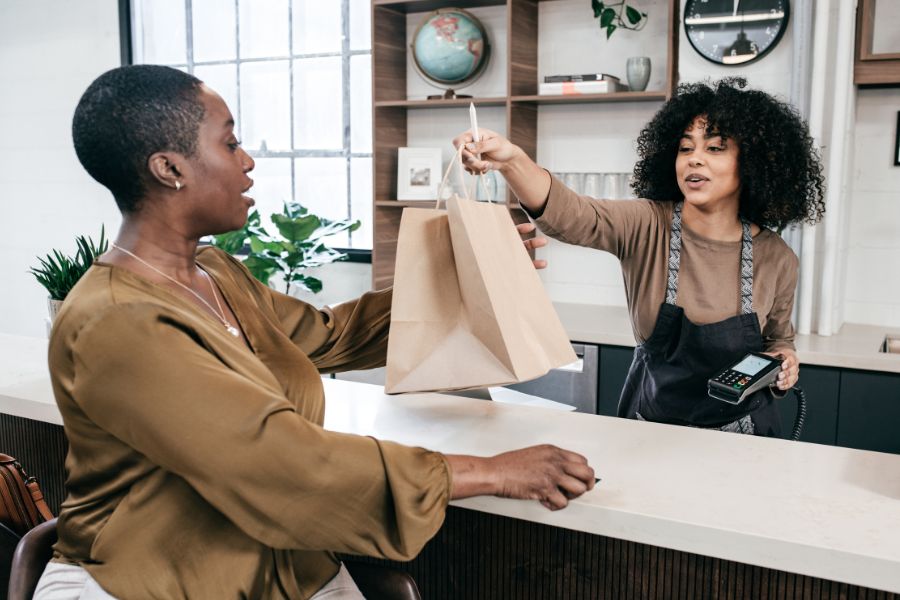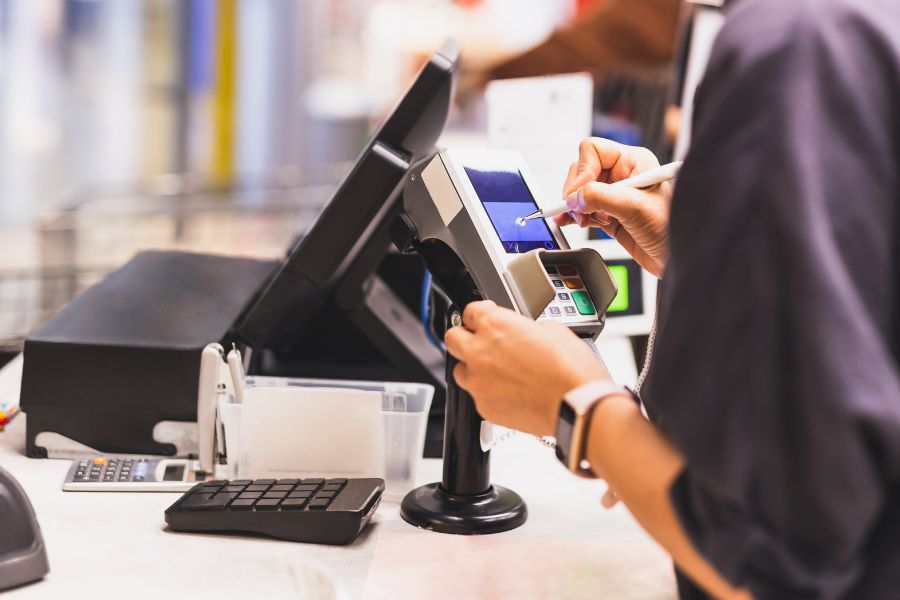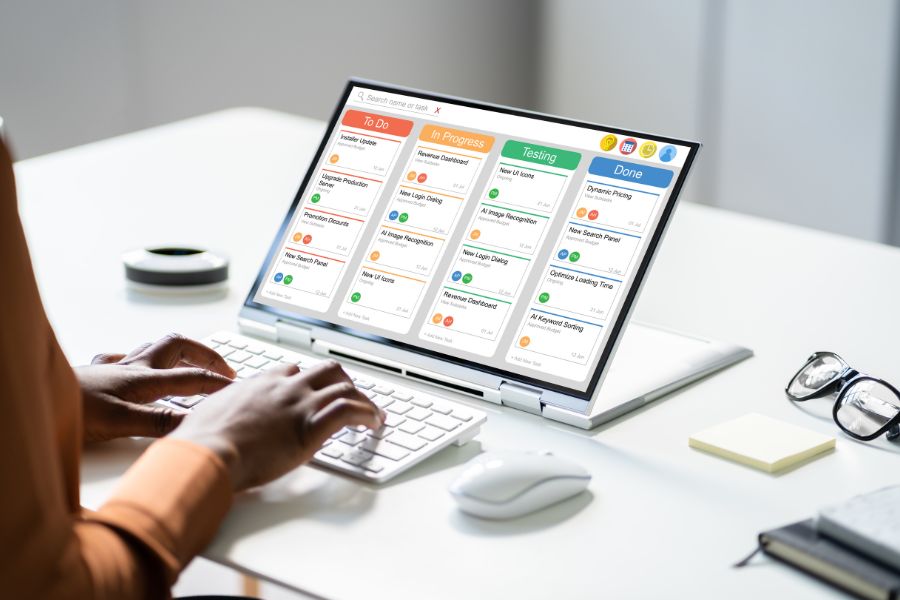The most common questions for anyone who wants to start a commercial business might be: What is retail? How does it function? How many different sorts of retail are there? Our today’s article will give a clear explanation about this topic.
What is retail?
The sale of items from a single point of purchase to a consumer who wants to utilize it is known as retail. A catalog, a brick-and-mortar store, or an online shopping website might all be used as the single point of purchase.
The goal of the retail is to attract customers through product displays and marketing. Inventory must be maintained, shelves must be stocked, and payments must be received. Retailers, on the other hand, are more than just somewhere to buy things; they give producers a venue to sell their wares so they can concentrate on making them.
How does retail work?
Retail is the sale of goods to consumers, so retailers rely on a system to provide items for them to sell to customers. Relationships with firms that operate inside the retail supply chain must be created in order to buy inventory and guarantee they have the items they wish to offer.
Manufacturers, wholesalers, retailers, and consumers make up the retail supply chain (end-user). The wholesaler is linked to the manufacturer directly, whereas the retailer is linked to the wholesaler.
The transition between the key players of the supply chain can be improved with ConnectPOS. As the Bronze Winner of Stevie Awards in 2021, this software stands out for its omnichannel experience for worldwide retailers.
Types of Retailers
After getting to understand What is retail, merchants need to know how many types of retailers are processed all around the world. Here are some significant retail types.
Department Stores
Traditional department stores sell a wide range of products that are organized into different sections in the physical retail space by category. Shoes, clothes, cosmetic goods, jewelry, housewares, and other items can be found at department stores.
Warehouse Retailers
Warehouse-style stores like Sam’s Club carry a wide range of items that are packed in huge quantities and sold at cheaper rates than retail. They often sell in bulk or in volumes not seen in other retail locations.
Supermarkets and Grocery Stores
These stores carry a wide range of food and beverage items, as well as home goods and consumer electronics on occasion.
Convenience Retailers
These are generally retail facilities that primarily sell gasoline – they provide a limited selection of grocery items and vehicle maintenance goods at a premium “convenience” pricing for on-the-go consumers.
Discount Retailers
Discounters provide a wide range of items, many of which are private branded or generic brands, at costs that are lower than retail. Closeout and discontinued products are frequently sourced at lower-than-wholesale costs by discount stores like Family Dollar, Dollar General, and Big Lots, which pass the savings on to customers.
Outlet Retailers
These cater to a specialized market and sell only name-brand items. Specialty stores, such as Victoria’s Secret and Nike, offer only stuff that has their brand name or is linked with it.
Mobile Retailers
Without the costs of traditional brick-and-mortar merchants, internet shopping websites deliver products straight to customers at their homes or offices. They frequently offer items at a lower price than retail, storing them in warehouses and creating partnerships with warehouses, distributors, and occasionally manufacturers to obtain discounted goods.
In short
Now you might know about “What is retail?” and “How does it function?”. It refers to a massive business that employs millions of people and generates billions of dollars in sales income each year. So to boost up your sales and enhance your business, call us now to receive the most useful advice and the best solution.
ConnectPOS is a all-in-one point of sale solution tailored to meet your eCommerce POS needs, streamline business operations, boost sales, and enhance customer experience in diverse industries. We offer custom POS with features, pricing, and plans to suit your unique business requirements.




